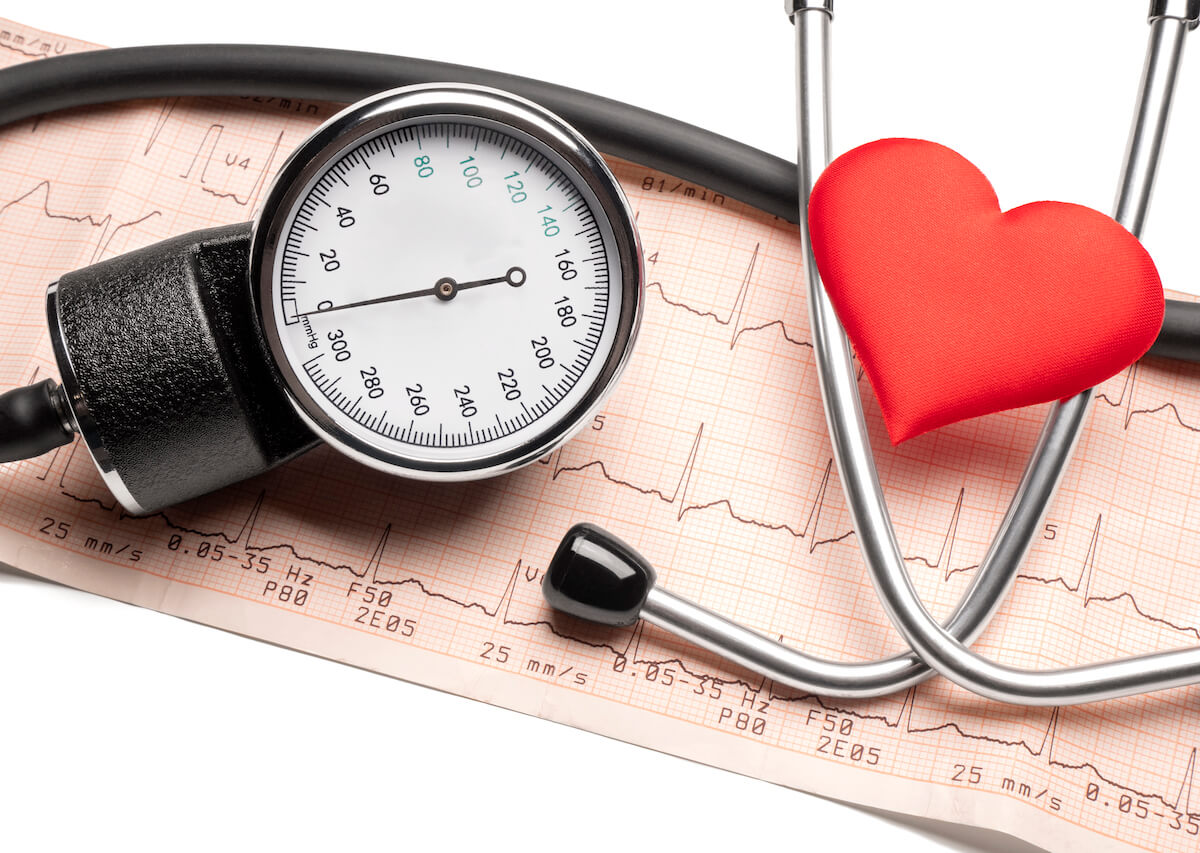As adults, the consensus is that we should see our primary care physician once a year for a physical exam. As we get older, however, medical needs change and require more attention, and this annual exam may not be enough to stay proactively healthy. After all, “the goal for medicine should be prevention and wellness [instead of] chasing medical problems after they come up,” says Amber Tully, M.D., a family medicine physician at Cleveland Clinic.
Recent Posts
What Medical Specialists Should You See After 60?
Topics: Helpful Tips, Health
Take Control of Your Health: Chronic Disease Preventatives
Did you know that six in ten Americans live with at least one chronic disease? For older adults, this number increases to 85%. Chronic conditions include diabetes, cardiovascular diseases, COPD, Alzheimer’s, and more.
Topics: Helpful Tips, Health
Dementia vs. Delirium: Understanding the Difference
When it comes to providing the right care for a parent or family member, it’s important to know that cognitive changes in your parents require the same amount of care and attention as physical conditions and illnesses.
Dementia and delirium are both mental states that can severely affect a person’s ability to reason, communicate, or perform basic tasks. Because of the similarities of the two states, delirium can often go undiagnosed and untreated.
Topics: Memory Care, Health
Aging and the Importance of Staying Hydrated
With summer in full swing, it’s more important than ever for people of all ages to stay hydrated. Between increased temperatures and more outdoor activities, summer can cause dehydration in anyone. Seniors, however, are at particularly high risk.
Topics: Helpful Tips, Health
Unusual Symptoms of Underlying Health Conditions
When it comes to our health, we tend to be hypersensitive in noticing fluctuations in how we feel or changes in our body. We will typically notice a new mole or spot on our arm, or recognize the tickle of a sore throat in its earliest stages.
When something unusual happens, we’re even more likely to notice it and wonder what it means. Most of the time, these odd symptoms are harmless, but sometimes, they could be an indication of an underlying issue.
Topics: Health
Digital Tools & Resources: Improving Senior Health
We live in an era of near-constant technological advancement. Digital tools continue to be developed that aim to improve our daily lives by keeping us active and healthy, simplifying tasks, and providing information.
Topics: Helpful Tips, Health
6 Medication Safety Tips
Those 65 years and older account for 34% of all prescription medication use. As we age, the likelihood of needing multiple medications increases. With that in mind, medication safety is a crucial aspect that can help protect you or a family member from misusing a medication.
Topics: Helpful Tips, Health
Healthy Habits for Managing High Blood Pressure
With 1 in 3 adults in the United States having high blood pressure, or hypertension, it’s a health topic on the minds of many. While hypertension is very common, it’s also very manageable and preventable.
Topics: Helpful Tips, Health
Crucial Developments in Alzheimer’s Disease Research
As of 2019, 5.8 million people in the United States alone live with Alzheimer’s disease; most of those are over the age of 65. That may be a shocking statistic, but one that arrives amidst crucial developments regarding Alzheimer’s disease research.
Topics: Memory Care, Health
Strength Exercises for Seniors
"Strength is the fountain of youth." - Gavin McHale, a Winnipeg-based certified exercise physiologist, and kinesiologist who works mostly with older adults
Did you know that strength exercises are not just for bodybuilders and professional athletes? In fact, strength training is just as important for older adults, as well.
Topics: Brickmont Assisted Living, Health











.png)